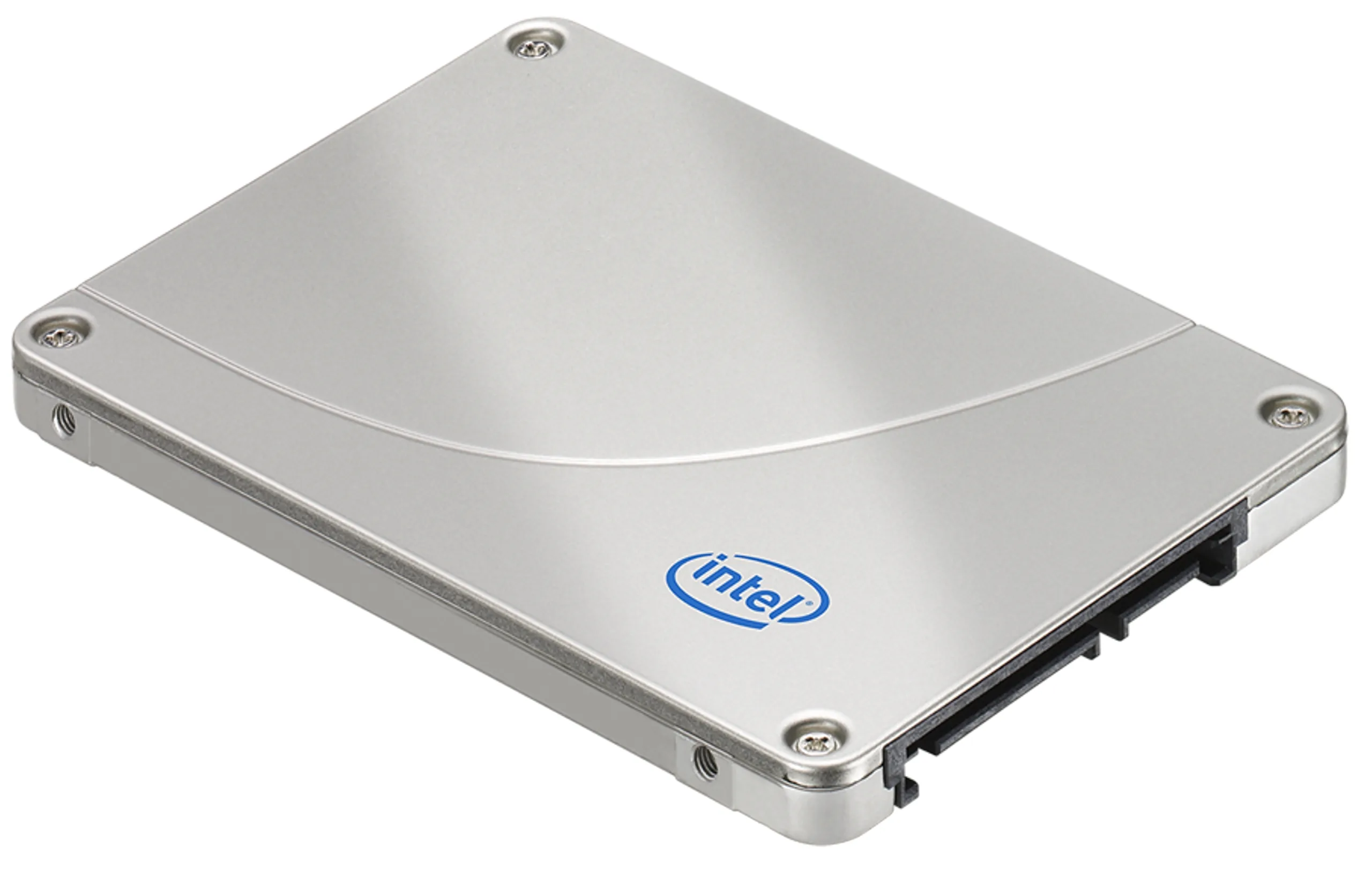The SSD market has been rapidly decreasing throughout 2022 and 2023, making now a great time to consider bringing that older and slower computer you’ve been wanting to replace back to life.
A Solid State Drive (SSD) is a type of storage device that uses flash memory to store data. Unlike traditional hard drives, SSDs have no moving parts. Instead, they rely on integrated circuits to store and retrieve data quickly. This lack of moving parts makes SSDs more durable, reliable, and resistant to physical damage. They are also significantly faster than hard drives, offering shorter boot times, faster data transfer rates, and improved overall system performance.
On the other hand, a hard drive is a storage device that uses magnetic disks to store data. It consists of one or more spinning disks coated with a magnetic material. Data is written and read from these disks using a mechanical arm with a read/write head. Hard drives have been the primary storage medium for computers for many years due to their large storage capacity and relatively low cost.
Here some reasons SSDs are better than classic spinning disc hard drives.
- Durability and Reliability: SSDs are more durable and reliable compared to hard drives because they do not have any moving parts. This makes them less susceptible to damage from drops, shocks, and everyday wear and tear. Additionally, SSDs are less prone to data loss due to physical failures.
- Speed: One of the most significant advantages of SSDs is their speed. They offer faster boot times, quicker data transfer rates, and higher bandwidth compared to hard drives. This means that your computer can access and process data at ultra-fast speeds, especially when running programs that require frequent access to large amounts of data.
- Power and Energy Efficiency: SSDs consume less power compared to hard drives, making them more energy-efficient. This is particularly beneficial for laptops and mobile devices where battery life is crucial. By using an SSD, you can extend your device’s battery life and enjoy longer usage times between charges.
- Less Weight and No Noise: SSDs are lighter than hard drives because they are smaller in size and do not have any moving parts. This makes them ideal for portable devices such as laptops, tablets, and ultrabooks. Additionally, SSDs operate silently as they do not produce any noise or vibrations like traditional hard drives.
- Improved Performance: Upgrading to an SSD can significantly enhance the overall performance of your system. With faster boot times, reduced application loading times, and improved responsiveness, tasks such as launching applications, opening files, and multitasking become much quicker and smoother.
- Reduced Heat Generation: SSDs generate less heat compared to hard drives because they consume less power and do not have any moving parts. This can help keep your system cool and prevent overheating issues, especially in compact devices with limited cooling capabilities.
- Longer Lifespan: SSDs generally have a longer lifespan compared to hard drives due to their lack of mechanical components. While hard drives may fail over time due to wear and tear on moving parts, SSDs can withstand a higher number of read/write cycles before experiencing failure.
Here at 3133 Computing, we’d be happy to help you pick the best SSD for your needs and install it for you. Please reach out here!
Please see the listed sources below to learn more:
https://www.kingston.com/en/blog/pc-performance/benefits-of-ssd
https://www.howtogeek.com/345988/how-to-upgrade-and-install-a-new-hard-drive-or-ssd-in-your-pc/
https://www.crucial.com/articles/about-ssd/the-benefits-of-an-ssd
https://www.tomshardware.com/reviews/ssd-upgrade-hdd-performance,3023.html

Leave a Reply